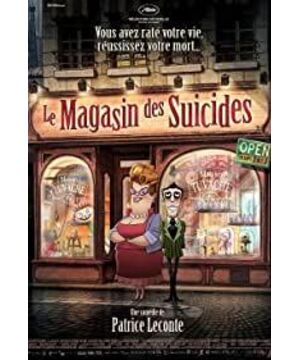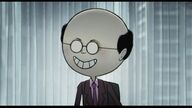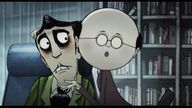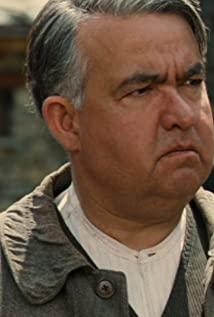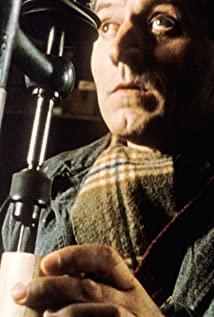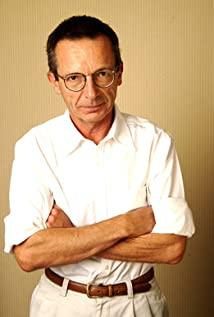At a deeper level, it can’t help but deeply reflect Europeans’ anxiety about the economy, culture, life (specialty stores are located in deep lanes, surrounded by tall buildings), religion (churches are surrounded by cars, holy bells and industrial noise honking horns) The disharmonious symphony) the state of being under siege.
However, the psychological picture through the psychological projection of ink and the Dali style of surrealism (fragment of the couple's desperate song) is brighter.
It is also very interesting in the name setting. The shopkeeper who used katana repeatedly and called Mishima (in fact, his beard is also Dali said), people can't help but think of Mishima Yukio, daughter Marilyn, and Monroe who committed suicide by Caesarean section? Although she also died violently, her daughter’s gothic dress led me to another Marilyn Manson who sang death. And his son Van Gogh. The family are all famous killers from all over the world.
But sometimes it's very nonsense. Suddenly Marilyn dew points again. I don't know if the special signature of the director (the representative erotic film "Barber's Lover") took the opportunity to add to the sexy goddess, or because she was a sexy goddess and had to be revealed.
View more about The Suicide Shop reviews


